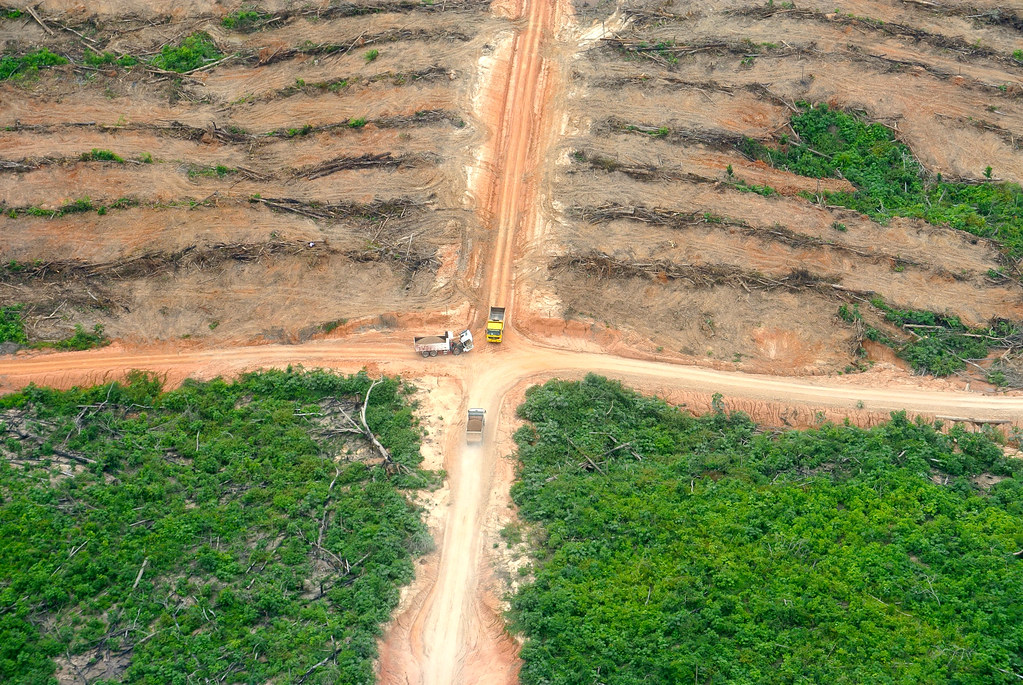Ma. Eliza Villarino is a Ph.D. student with IGN who explores the role of institutions in environmental upgrading in agricultural value chains. Together with IGN alumnus and former Peruvian climate change negotiator Augusto Castro-Nuñez, she co-wrote a Medium op-ed titled “Post-COVID-19, we need a food systems approach to achieve zero-deforestation diets.” In the op-ed, they argue that a successful movement toward sustainable production and diets requires a full understanding of the links between domestic food consumption and land use patterns and the development of policies based on that.
Here’s an excerpt:
As incomes in Latin American countries have grown, diets have evolved. Consumers are opting for food that suits their modern lifestyles, ergo processed products. Such appetence for processed food mirrors the shifting production systems. One often finds these production systems in the so-called agricultural frontier or that zone that transitions between a forest and an area with extensive land use and cover change which by all accounts used to be part of the forest.
Policies that can effectively nudge consumers to shift their diets and at the same time halt deforestation will need to adopt a food systems lens. The discourse on food systems centers on their failures, which have led to the twin problems of undernutrition and obesity. Severe obesity, as information on COVID-19 tells us, presents a risk factor for a severe infection of the novel coronavirus. Least discussed is how food systems influence land use and forest cover changes.
The sustainable food systems approach, in fact, offers a framework that can allow for a full understanding of the patterns of land use and consumption and subsequently the formulation of instruments that can regulate and incentivize a shift in production practices and consumer behavior, both domestically and in countries importing commodities from forest-rich economies. Undertaking these ambitious steps will require research and support from donors and decision-makers.
Read the op-ed in full at https://medium.com/@maeliza.villarino/post-covid-19-we-need-a-food-systems-approach-to-achieve-zero-deforestation-diets-3ecd6c99a997.


